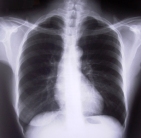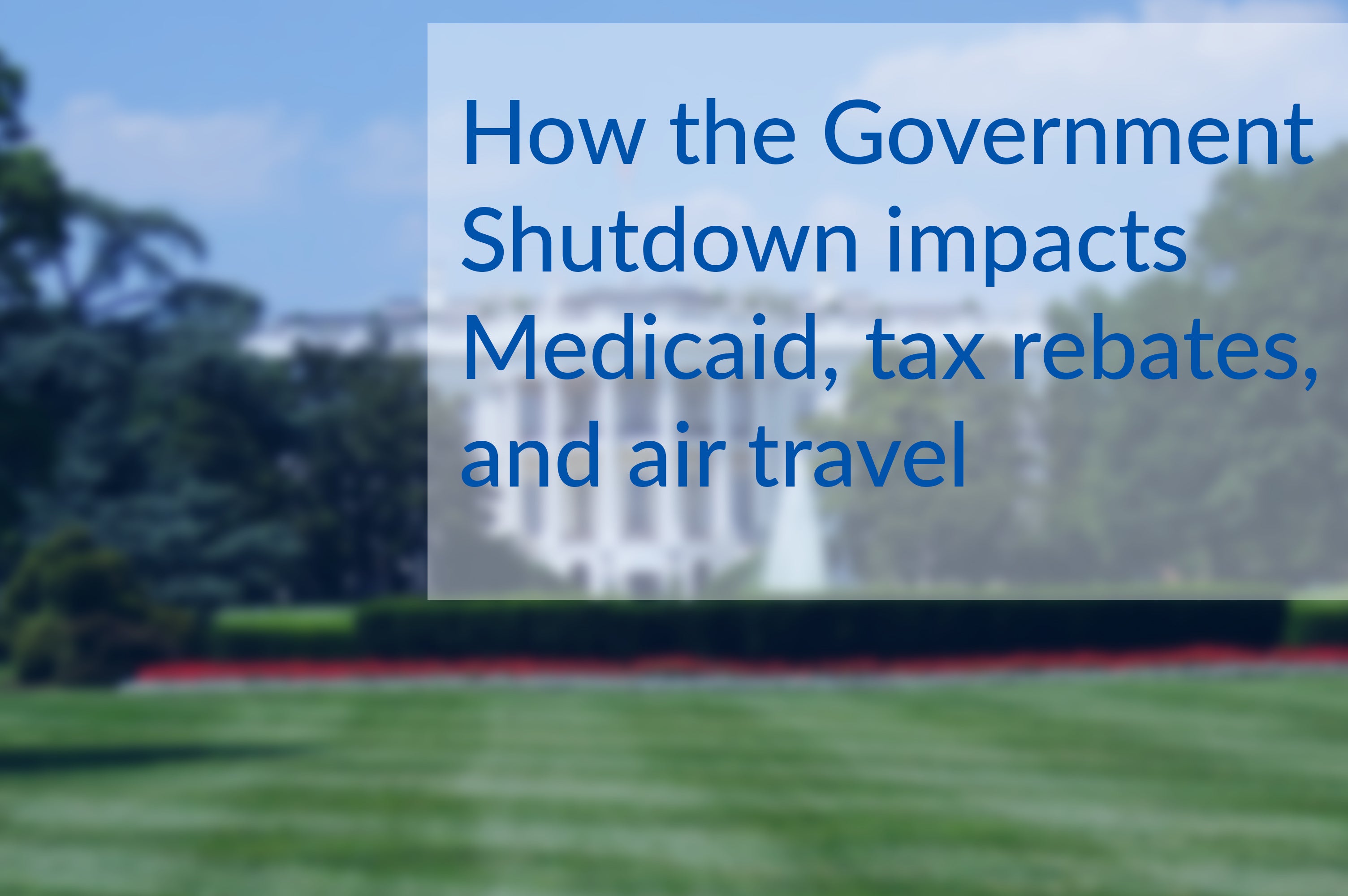COPD and Cardiovascular Health
 If you have chronic obstructive pulmonary disease (COPD), you’re at an increased risk for developing other health problems, such as osteoporosis, gastroesophageal reflux disease (GERD) , diabetes, and heart disease. But there are certain times when COPD patients are more vulnerable to heart attack or strokes than other people: in the days and weeks after an exacerbation, a serious flare-up in symptoms, which can land you in the hospital.
If you have chronic obstructive pulmonary disease (COPD), you’re at an increased risk for developing other health problems, such as osteoporosis, gastroesophageal reflux disease (GERD) , diabetes, and heart disease. But there are certain times when COPD patients are more vulnerable to heart attack or strokes than other people: in the days and weeks after an exacerbation, a serious flare-up in symptoms, which can land you in the hospital.
Exacerbations are often a fact of life if you have severe COPD, according to Byron Thomashow, MD, clinical professor of medicine at Columbia University, medical director of the Jo-Ann F. LeBuhn Center for Chest Disease at NewYork-Presbyterian Hospital, and chairman of the board of the COPD Foundation. Whether it’s air pollution, a cold, or another lung infection that sets them off, exacerbations can ramp up your shortness of breath or cough to dangerous levels.
“I think about three-quarters of patients have at least one a year,” he says. “Even in those people who successfully get through an exacerbation … it can take months and months to get back to their prior level of quality of life and function even though the symptoms go away quickly.”
In general, people with more exacerbations tend to have poor lung function, reduced activity, increased inflammation, and higher mortality rates.
What causes exacerbations
The flare-ups are typically caused by infections from a virus or bacteria (particularly for smokers, who are at an increased risk of getting infected). Medications to treat COPD, including inhaled steroids like Advair, can also increase the risk of pneumonia, which can result in exacerbations. The risks have to be weighed with the potential benefits, and not using medication correctly can itself result in exacerbations. In about one-third of flare-ups, there is no obvious cause, says William Barkman, MD, MSPH, a pulmonologist and chief of staff at the University of Kansas Hospital, in Kansas City, Kan.
“It could be environmental, or sometimes people stop taking their medications, which can lead to an exacerbation. And occasionally a comorbid disease like heart failure is the cause,” Dr. Barkman adds.
To reduce the risk of problems related to COPD exacerbations, patients are typically treated with oxygen, medication, including beta agonists and antibiotics, and sometimes steroids to reduce inflammation.
How does COPD affect heart health?
All COPD patients are at risk for heart problems—about 30% of people with COPD die of cardiovascular disease. And those who have exacerbations are more likely to have heart problems following a flare-up. Patients who had exacerbations had a 2.27-fold greater risk of a heart attack one to five days after the flare-up, according to a 2009 study in the journal Chest. They had a 1.26-fold greater risk of stroke between one and 49 days after an exacerbation.
A 2006 article in Thorax found that COPD patients with high levels of C-reactive protein (a protein in the blood that rises in response to inflammation) have increased relative risk of mortality, and were 1.85 and 1.51 more likely to die of cancer and cardiovascular events, respectively, than COPD patients with low levels of C-reactive protein.
It is estimated that there’s one shared risk factor for both COPD and cardiac events: smoking. Another likely cause is the chronic inflammation that occurs with COPD, which damages blood vessels. This inflammation becomes acute during a flare-up.
Do medications play a role?
Medications given during the events, like inhaled beta agonists (Albuterol), can also negatively affect the heart. Robert Ostfeld, MD, MSC, a cardiologist and associate professor of clinical medicine at Montefiore Medical Center in Bronx, N.Y., says the beta agonists can increase the heart rate, forcing it to work harder; promote arrhythmia, or irregular heart rate; and increase blood pressure.
There is no guaranteed way to completely avoid exacerbations, but there are many things you can do to help prevent them and thereby reduce the risk of heart attacks triggered by exacerbations, Dr. Thomashow says. Using long-acting bronchodilators, such as salmeterol, in combination with inhaled corticosteroids, like Flovent and Azmacort, and anticholinergics, which relax and open up airways, such as Spiriva, can reduce exacerbations. Dr. Thomashow says taking the three in combination can also decrease heart attack risk by 60% or more, probably because they reduce exacerbation risk.
In addition, people can also take some very basic actions to help prevent respiratory infections, which can cause exacerbations. Dr. Ostfeld recommends regular hand washing and not touching your face in public places (which can spread germs from hand to mouth before you can wash them). And remember to get your flu shots, to prevent respiratory ailments, too. And finally, he encourages COPD patients to exercise regularly, eat a largely plant-based diet, and have regular checkups to make sure things like blood pressure and cholesterol are under control.
“Having a healthy lifestyle and keeping underlying medical conditions well treated will go a long way to protecting yourself from any medical problems,” Dr. Ostfeld says.
Courtesy of Health.com
- Professional Medical














Comments 0